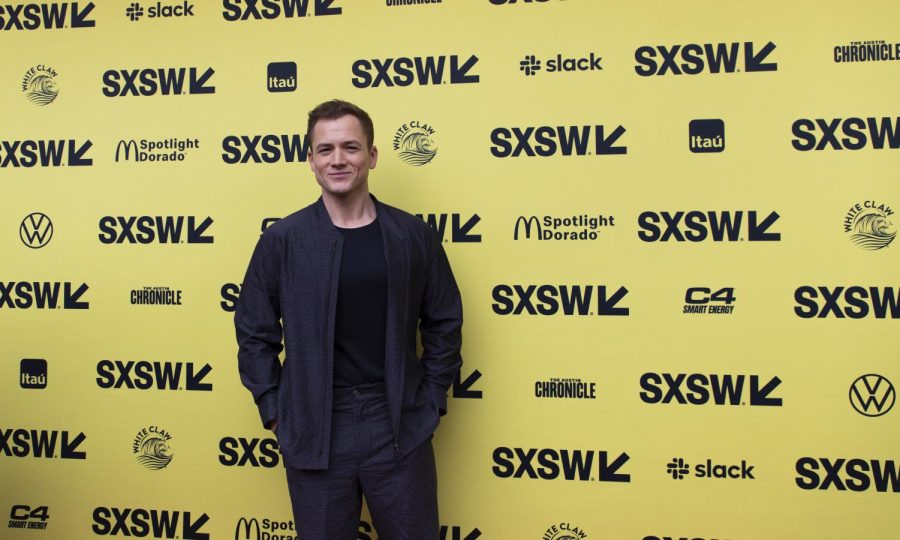Q&A: Jon S. Baird, Noah Pink discuss “Tetris,” filmmaking advice
March 20, 2023
Making its world premiere at South by Southwest on Wednesday, “Tetris” follows the real story of Henk and Alexey’s unlikely friendship and their journey in developing the game Tetris — now one of the largest games of all time.
The Daily Texan spoke with writer Noah Pink and director Jon S. Baird of Apple TV’s original movie “Tetris” starring Taron Egerton.
The Daily Texan: What drew you to Henk and Alexey’s story?
Jon S. Baird (director): It wasn’t the game itself because I’m not a particularly big gamer. It was more to do with the buddy relationship within it. (It also had to do with) the fact that it’s a true and unbelievable story because they both risk everything to get this game to the world, so that was really what drew me in. I’m a politics graduate, and I was around during the Cold War. I remember what it was like back then, so it ticked a lot of boxes for me.
DT: What drew you to this story before you started writing the movie?
Noah Pink (writer): Two things. First, this crazy story of friendship. (It’s) the core of this movie. It’s a story about these two guys from very different worlds (coming) together over a love of video games. The second thing is this crazy adventure story that is totally true, that these guys went on to get Tetris to our Game Boys.
DT: What advice would you give to college filmmakers looking to get into the film industry?
JSB: There are two things. You have to be in it for the right reasons. Don’t go in it for the glamor because it’s not glamorous. (The red carpet) is the nice part, yeah. This is after all the hard work. Unless you’re in it for the right reasons, then forget about it. The other thing I would say is if you can’t sit down with your friends, tell them a story and keep them engaged over a two-minute period, then go do something else. You have to be able to tell a story.
NP: The best thing about writing is it’s free. The advice that I was given when I first started, was that you will write five screenplays — full screenplays — before you get one produced. I was like, “No way! I will get my screenplays produced 100%!” They were right. It takes five or six. Don’t give up. The more you write, the better you get. There’s no barrier to entry except for talent. You just have to get better on your own. It’s a very solitary experience, but that being said, surround yourself with other creative friends, share your scripts, get notes, make it better and keep going.












